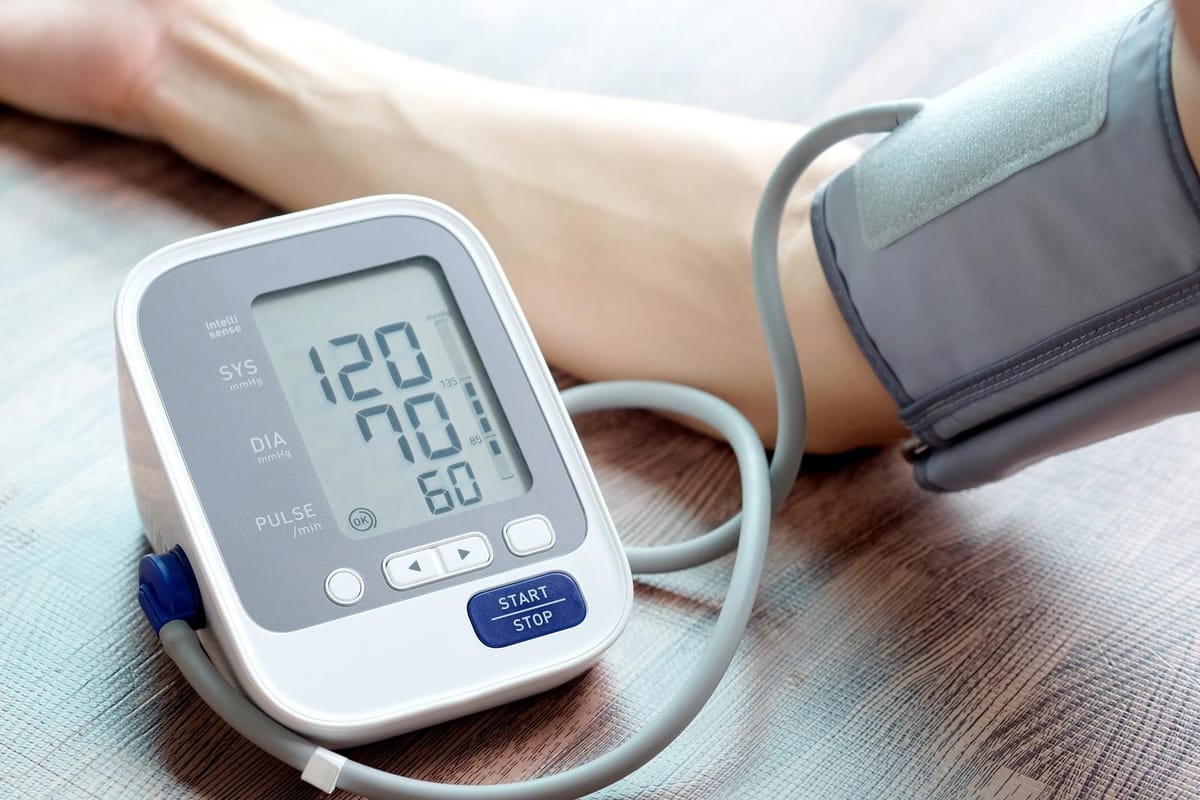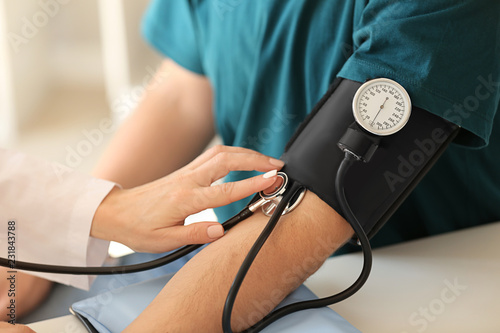

Understanding High Blood Pressure
High blood pressure, also known as hypertension, is a common health concern, especially as we age. It occurs when the force of your blood pushing against the walls of your arteries is consistently too high. Over time, this can damage your blood vessels, heart, and other organs. Fortunately, there are many ways to manage high blood pressure, including making lifestyle changes. Here's a comprehensive guide on lowering your blood pressure naturally.
Lifestyle Changes for Lowering Blood Pressure
The foundation of managing your blood pressure naturally lies in adopting healthy lifestyle habits. These changes can significantly impact your cardiovascular health and overall well-being. Here's a breakdown of key lifestyle modifications:
- Healthy Diet: Focus on consuming plenty of fruits, vegetables, whole grains, and lean protein. Limit your intake of saturated and trans fats, cholesterol, sodium, and added sugars. DASH (Dietary Approaches to Stop Hypertension) is a well-regarded dietary plan designed to lower blood pressure.
- Regular Exercise: Aim for at least 30 minutes of moderate-intensity exercise most days of the week. Engage in activities like brisk walking, swimming, cycling, or dancing. Exercise helps strengthen your heart and improves blood flow.
- Weight Management: If you are overweight or obese, losing even a small amount of weight can significantly lower your blood pressure. Aim for a gradual and sustainable weight loss through healthy diet and exercise.
- Stress Reduction: Chronic stress can contribute to high blood pressure. Find healthy ways to manage stress, such as meditation, yoga, deep breathing exercises, or spending time in nature.
- Limit Alcohol: Excessive alcohol consumption can raise blood pressure. If you choose to drink, do so in moderation, following recommended guidelines.
- Quit Smoking: Smoking damages your blood vessels and increases your risk of heart disease and stroke. Quitting smoking is one of the best things you can do for your cardiovascular health.
- Adequate Sleep: Aim for 7-8 hours of quality sleep each night. Lack of sleep can elevate your blood pressure.
Natural Supplements for Blood Pressure
While lifestyle changes are paramount, natural supplements may offer additional support in lowering blood pressure. Consult your doctor before adding any new supplements to your routine, especially if you are taking prescribed medications.
- Magnesium: Magnesium plays a vital role in regulating blood pressure. Some studies suggest that magnesium supplementation may help lower blood pressure.
- Potassium: Potassium helps to counterbalance the effects of sodium, which can raise blood pressure. Foods rich in potassium, like bananas and sweet potatoes, are beneficial.
- Coenzyme Q10 (CoQ10): CoQ10 is an antioxidant that may help improve heart function and lower blood pressure.
- Fish Oil: Omega-3 fatty acids found in fish oil have been shown to reduce blood pressure and improve heart health.
- Garlic: Garlic contains compounds that have been associated with lower blood pressure. It can be enjoyed fresh, cooked, or in supplement form.
Essential Oils for Blood Pressure Management
Essential oils are concentrated plant extracts that can offer therapeutic benefits. Some essential oils are believed to have calming and relaxing effects that may aid in reducing stress and lowering blood pressure. However, it's crucial to use essential oils with caution and always dilute them properly before topical application.
- Lavender Essential Oil: Known for its calming and relaxing properties, lavender oil may help reduce stress and anxiety, potentially leading to lower blood pressure.
- Chamomile Essential Oil: Chamomile oil is often used for its soothing and calming effects, which can help promote relaxation and lower blood pressure.
- Ylang Ylang Essential Oil: Ylang Ylang oil has a sweet and floral aroma that may help reduce stress and anxiety, leading to a possible decrease in blood pressure.
Home Remedies for Lowering Blood Pressure
In addition to the strategies mentioned above, some home remedies have been used traditionally to help manage blood pressure. Always consult your doctor before trying any remedies, especially if you have underlying health conditions or are taking medications.
- Warm Baths: Soaking in a warm bath can help relax muscles and promote relaxation, which may contribute to lower blood pressure.
- Herbal Teas: Some herbal teas, such as hibiscus tea, may have properties that can help lower blood pressure.
- Acupuncture: Some studies suggest that acupuncture may be beneficial for lowering blood pressure, but more research is needed.
Conclusion
Managing your blood pressure naturally involves a combination of lifestyle changes, natural supplements, and home remedies. Remember to consult your doctor before making any significant dietary or lifestyle changes, or adding any new supplements or remedies to your routine. By prioritizing your health and taking proactive steps, you can help keep your blood pressure within a healthy range and improve your overall well-being.

Dues are $12 per year. Member benefits:
✅ Ad-Free Website Viewing
✅ Advocacy for Republican Seniors
✅ 120+ Senior Discounts
✅ Member Only Newsletters